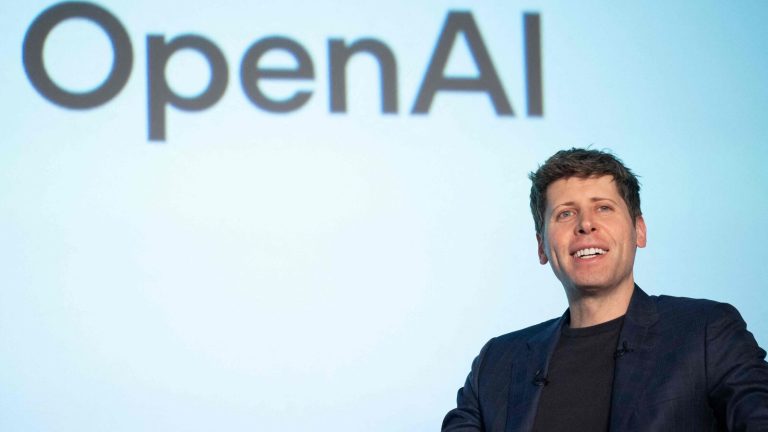New Delhi: Artificial Intelligence (AI) powerhouse OpenAI on Monday announced the integration of ChatGPT search engine with the ubiquitous WhatsApp messaging platform, in a direct challenge to Google’s lucrative search advertising model.
This ChatGPT-WhatsApp integration in India and globally could redefine how users search for information and discover products online.
Alongside the ChatGPT search engine now being available on WhatsApp, the world’s most-valued AI startup also announced personalized product recommendations on the ChatGPT application—a product strategy that notably turned Google into the $2-trillion search-and-email giant that it is today.
Also read: Foldable phone shipments in India to grow 20-30% in 2023
The new features from OpenAI come at a time when Google is already seen to rank behind the generative AI startup in terms of the popularity of models and applications around the world. This is significant for two reasons—one, it was Google that ironically funded the research programme that gave birth to ChatGPT, and two, with generative AI breathing down their neck, Google finds its proverbial golden egg—the dominance of search across the entire internet—at risk.
OpenAI’s rollout is an early-stage adaptation of Google’s own product strategy, where the company earned advertising revenue from businesses wanting their products to be showcased to various audiences. An additional personalization layer on Google’s search engine meant that products were matched with the personal preferences of users to maximize the effectiveness of online advertising today—a method that has been equally beneficial for a user, and the cause of myriad lawsuits for the Mountain View, California-based tech giant.
Same rulebook
For the Sam Altman-led startup, the road ahead appears to follow the same rulebook. As part of press material shared with Mint by an OpenAI spokesperson, the company stated, “Commerce in ChatGPT is still early and we’ll continue to bring merchants along our journey as we quickly learn and iterate.”
Shopping through ChatGPT will be available to all users across all platforms and markets—showing that OpenAI is intent on making its product recommendation algorithm available to as many users around the world as possible. OpenAI also said that its product recommendation on ChatGPT would work with context from conversations that a user has had with the generative chatbot before as well, giving the platform more memory and consuming more data about a user than before.
Also read: India, Australia explore bilateral data-sharing treaty to tackle cybercrime
The move seeks to cash in on OpenAI’s current popularity. Last month, Google’s court filing as part of a hearing pegged ChatGPT to have 160 million daily active users—exponentially higher than Google’s AI assistant Gemini’s 35 million users per day. On Friday, Google made a pitch in India to bring more users into its AI umbrella by cashing in on the Android mobile operating system. India, to be sure, is one of Google’s largest consumer markets.
Significantly ahead
For now, Google is significantly ahead of OpenAI. Its search engine, which accounts for just over 56% of its quarterly revenue, collected $50.7 billion in the March quarter alone, the company’s parent Alphabet said on 24 April in its quarterly earnings call. In comparison, OpenAI is expected to hit $11 billion in annual revenue this year, as per a report by The New York Times from September last year—at a net loss of $5 billion due to operational expenses.
Industry stakeholders, however, said that the promise that generative AI platforms like ChatGPT present as search engines and product recommendation platforms is immense and is making early strides already.
“Even though the financial results are not reflecting this yet, we are seeing green shoots from marketing firms that are building an AI recommendation repository and a strategy to market products on AI search engines and platforms. In the long run, this will clearly play a bigger role as the field evolves and the tech firms expand over time,” said Jaspreet Bindra, founder of AI consultancy firm, AI&Beyond.
Also read: Trump tariff divides India’s electronics manufacturing industry
Bindra, however, said the WhatsApp integration may only just be a tick in the checkbox for now, despite serving a crucial purpose. “It is clear that apart from WeChat in China, the idea of one ‘super app’ to do everything—messaging, shopping, payments, search—did not resonate well with audiences. Even the Meta AI integration in WhatsApp is right now seen as an intrusive feature, rather than helpful. While the availability of search might make ChatGPT more helpful, this particular bit is likely not going to bring the firm a lot of users or avenues,” he added.


